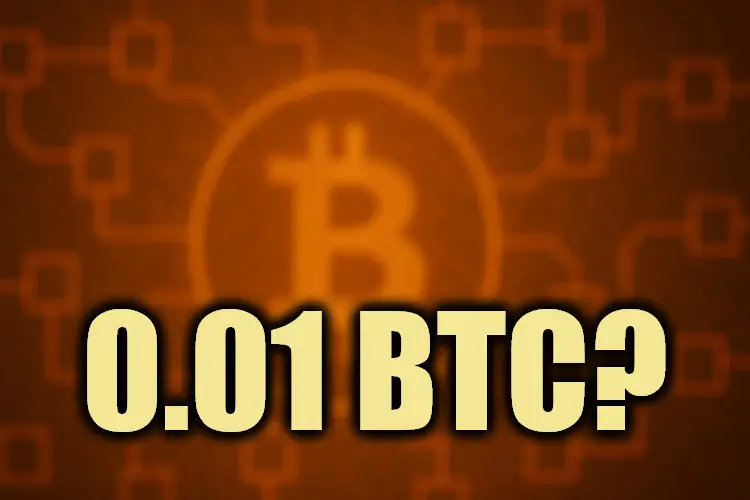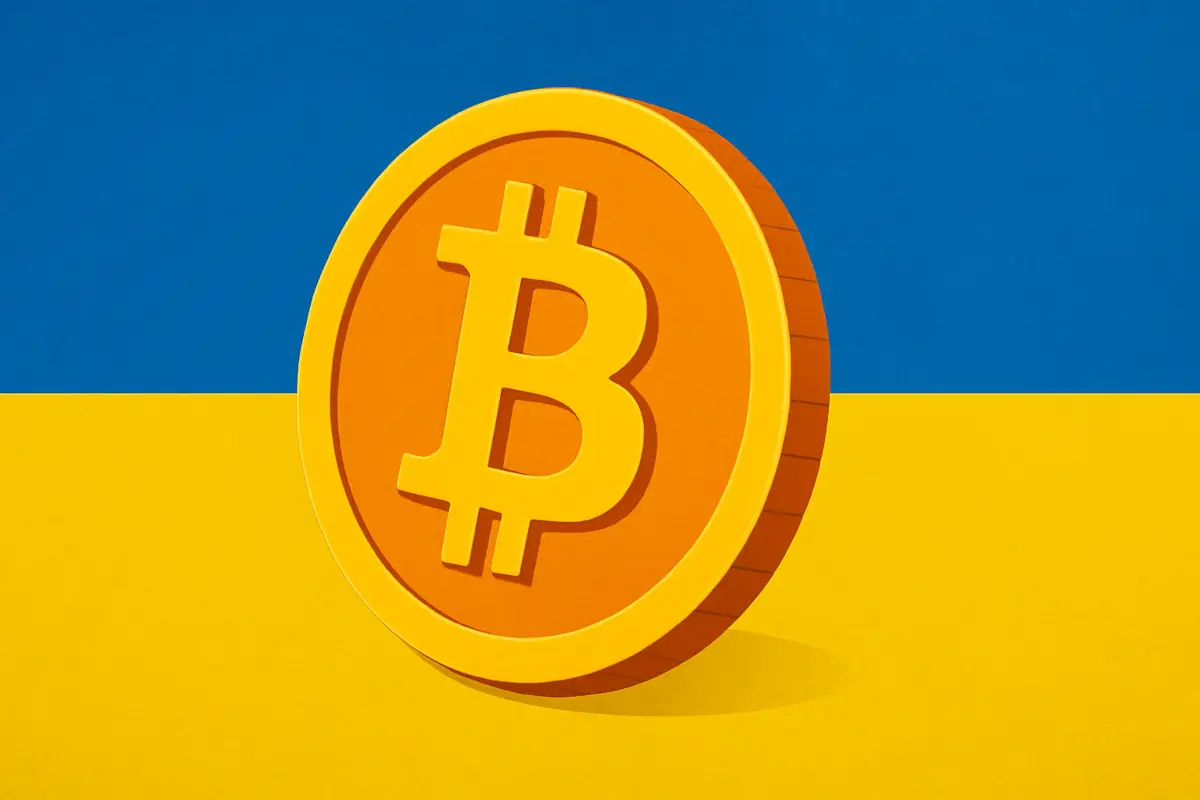Arizona has formally passed House Bill 2749, establishing a state-managed Bitcoin and Digital Assets Reserve Fund. Signed into law by Governor Katie Hobbs on May 7, 2025, the legislation makes Arizona as the second U.S. state – after New Hampshire – to integrate digital assets into its financial infrastructure. The move pushed Bitcoin near $99,000, with a 2.5% daily increase.
Read also: New Hampshire Is the First State to Allow Bitcoin in Public Reserves
Table of Contents
Law Overview and Objectives
HB 2749 allows the state to claim ownership of unclaimed digital assets, including cryptocurrency, after a period of three years without user activity or response. Once considered abandoned, these assets are transferred to the state in their native form rather than being liquidated. The law creates a Bitcoin and Digital Asset Reserve Fund, maintained under the control of the Arizona State Treasurer, and is designed to operate without using taxpayer funds.
Under the law’s structure, qualified custodians are permitted to stake the assets and collect airdrops or other rewards. Up to 10% of earnings generated from these assets may be allocated to Arizona’s General Fund, subject to legislative approval. The reserve operates with a custodianship focus rather than as an investment vehicle, reflecting a risk-averse approach centered on preserving asset value.
Context and Comparisons
Arizona’s legislative action follows a similar bill signed in New Hampshire, which allows its treasury to invest up to 5% of public funds in digital assets with a market capitalization above $500 billion. Bitcoin is currently the only asset meeting that threshold. Texas has also passed a comparable bill, pending the Governor’s signature.
HB 2749 differs from other proposals previously introduced in Arizona. Governor Hobbs vetoed Senate Bill 1025 earlier in May, citing concerns over fiduciary risk in using public funds for what she referred to as “untested investments”. That bill would have authorized the use of state-held assets, including retirement funds, to invest directly in Bitcoin. The newly signed HB 2749 is considered budget-neutral, utilizing existing unclaimed property rather than active state reserves.
Market Impact
The news helped drive a broader rise across cryptocurrency markets, with Bitcoin approaching the $99,000 mark. Most major digital assets are trading in the green, including Ethereum, which is up 4% following the successful launch of its Pectra upgrade on the mainnet.
The overall market optimism appears to stem from more than just the recent developments in Arizona and New Hampshire. Reports of renewed U.S.-China trade war discussions have eased some investor concerns about escalation, while strong earnings from Microsoft and Meta have boosted confidence in the resilience of the U.S. economy, despite the negative GDP growth reported for the first quarter.
Meanwhile, the Federal Reserve opted to leave interest rates unchanged yesterday, despite political pressure from President Trump. The crypto market showed little reaction, suggesting the decision had been widely anticipated and was already reflected in asset prices.
Summary
Arizona’s approval of HB 2749 adds momentum to a growing trend of state-level digital asset legislation in the United States. While the reserve fund is limited in scope and avoids speculative use of public money, it introduces a practical model for how governments can manage and retain value from unclaimed digital assets.
As other states consider similar policies and broader macroeconomic factors continue to shape investor sentiment, Bitcoin may soon break the $100,000 mark – for the first time since February.
Read also: How Does Crypto Staking Work? All You Need to Know




